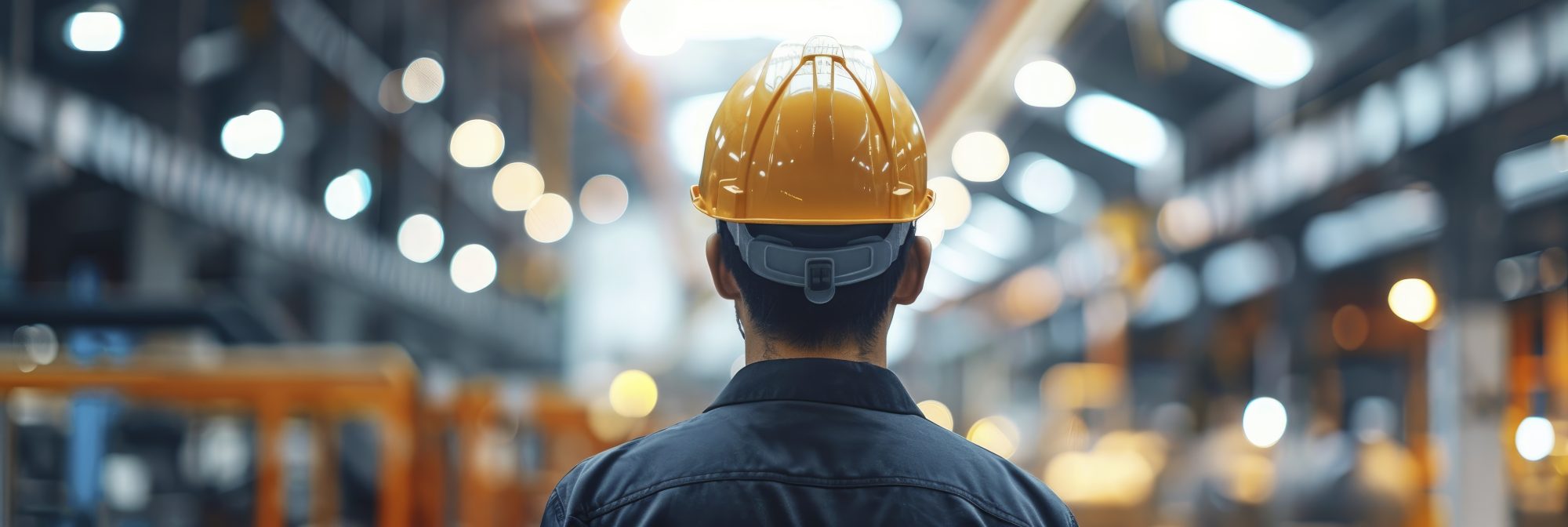Health & Safety at Al Tilal Steel
At Al Tilal Steel Company Limited, health and safety are not just compliance matters they are central to our identity, performance, and sustainability. As a leading steel manufacturer in Saudi Arabia producing rebar and billet, we operate in complex, high-risk environments. To manage these risks, we have established one of the most comprehensive Health, Safety, and Environment (HSE) frameworks in the region rooted in global best practices and built for continuous improvement.
Our Safety Philosophy
We believe that every incident is preventable. This belief drives a proactive safety culture that extends from the melt shop to the boardroom. Everyone at Al Tilal Steel, from frontline workers to the management is responsible for upholding safety. We aim not only to protect lives, but to enhance them through a workplace that is safe, inclusive, and empowering.
A Structured Approach to Safety Management
Our Health and Safety Management System is grounded in internationally recognized frameworks, including OSHA standards and ISO 14001 protocols, which guide our environmental safety efforts. We follow detailed Standard Operating Procedures (SOPs) that cover every aspect of occupational health, risk prevention, emergency preparedness, and incident response.
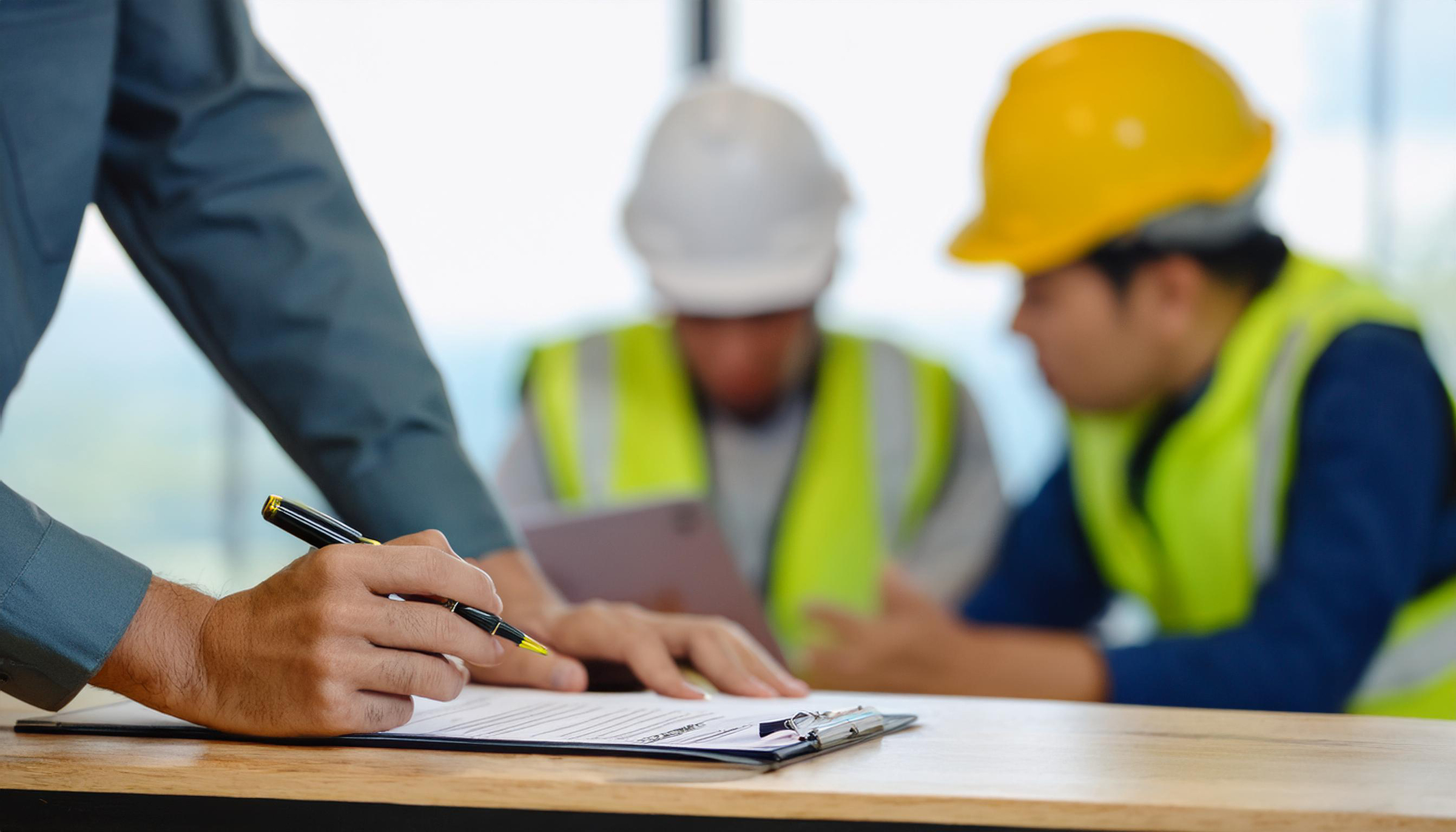
Key elements of our system include
Policy & Governance
We operate under a robust, company-wide Health & Safety Policy that is reviewed regularly to align with evolving risks and regulatory expectations. Oversight is provided by our Safety Committee composed of departmental heads and chaired by the Plant Manager which meets monthly to monitor safety KPIs, incidents, and strategic priorities.
Training & Awareness
All employees, contractors, and visitors are inducted through mandatory safety orientation programs. This includes emergency preparedness, PPE requirements, machine safety, and chemical handling. Ongoing in-house training ensures that our workforce remains updated on SOPs, hazard communication, fire safety, and regulatory changes. First-aid, defensive driving, and LOTO training are also conducted at regular intervals.
We document all trainings and track completion rates as part of our safety performance metrics.
Standard Operating Procedures (SOPs)
Each operational process is governed by detailed SOPs that address
Each SOP outlines employee responsibilities, operational risks, preventive measures, and escalation protocols in the event of an emergency.
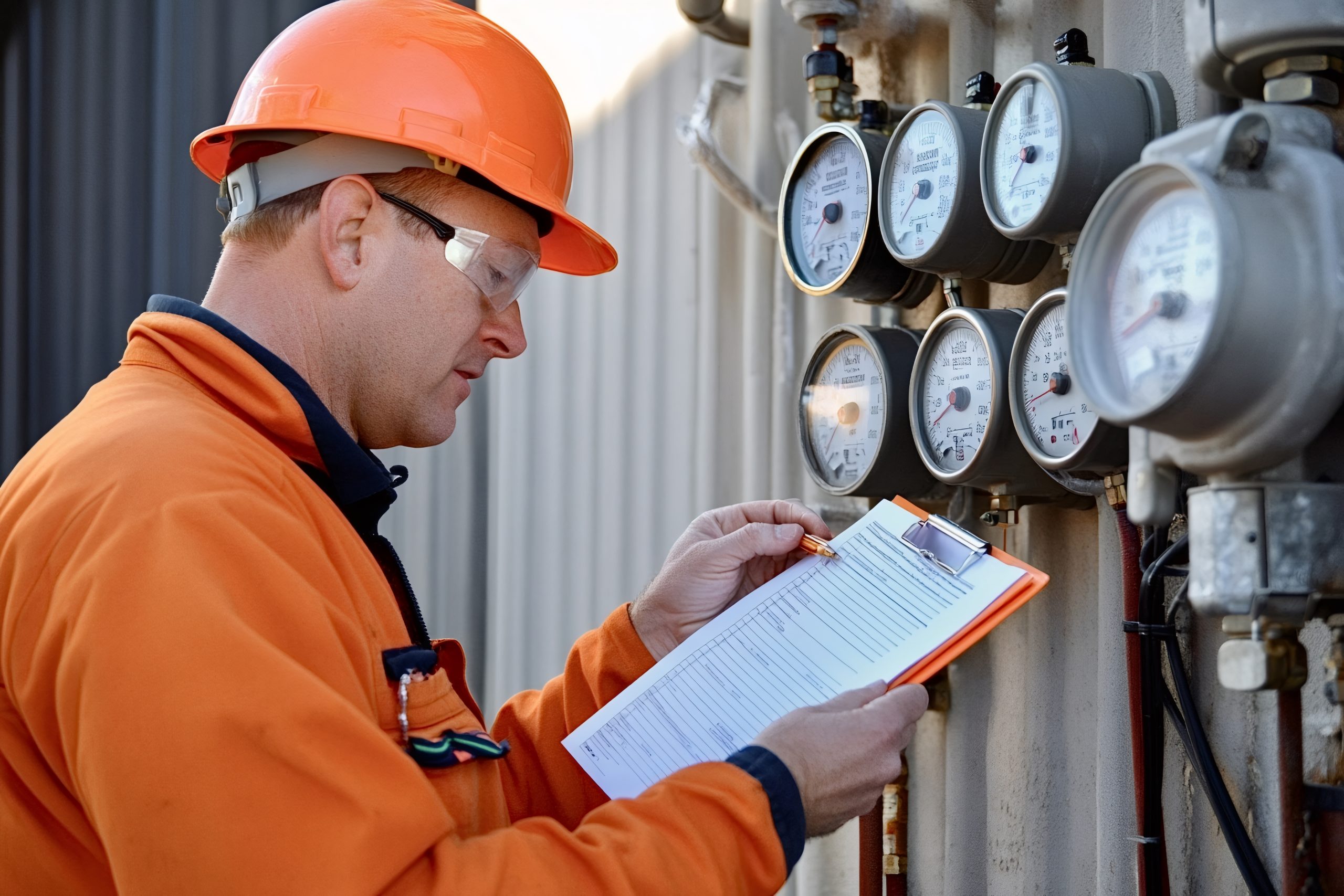
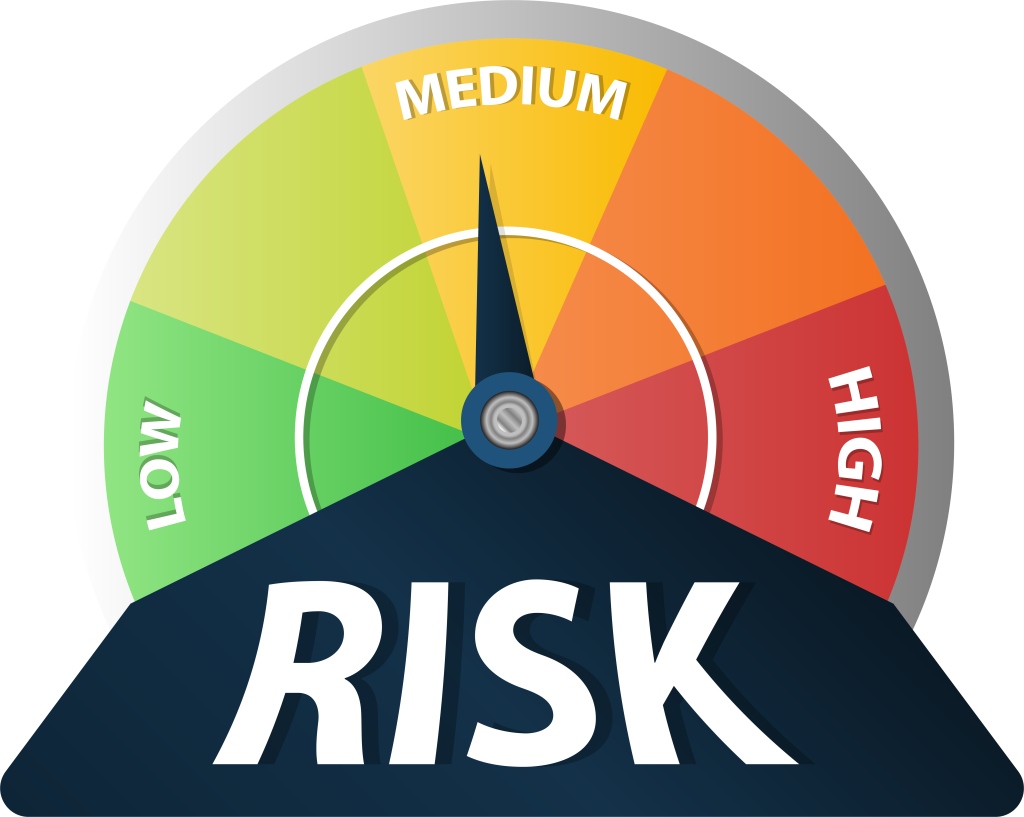
Risk Assessment & Incident Investigation
We conduct routine risk assessments across all plant areas. All incidents, including near misses, are reported and investigated within 24 hours. Root cause analysis is performed, and corrective actions are implemented and verified by the relevant departments. All findings are logged in our digital safety records system.
Compliance with National and International Standards
Our Systems are aligned with
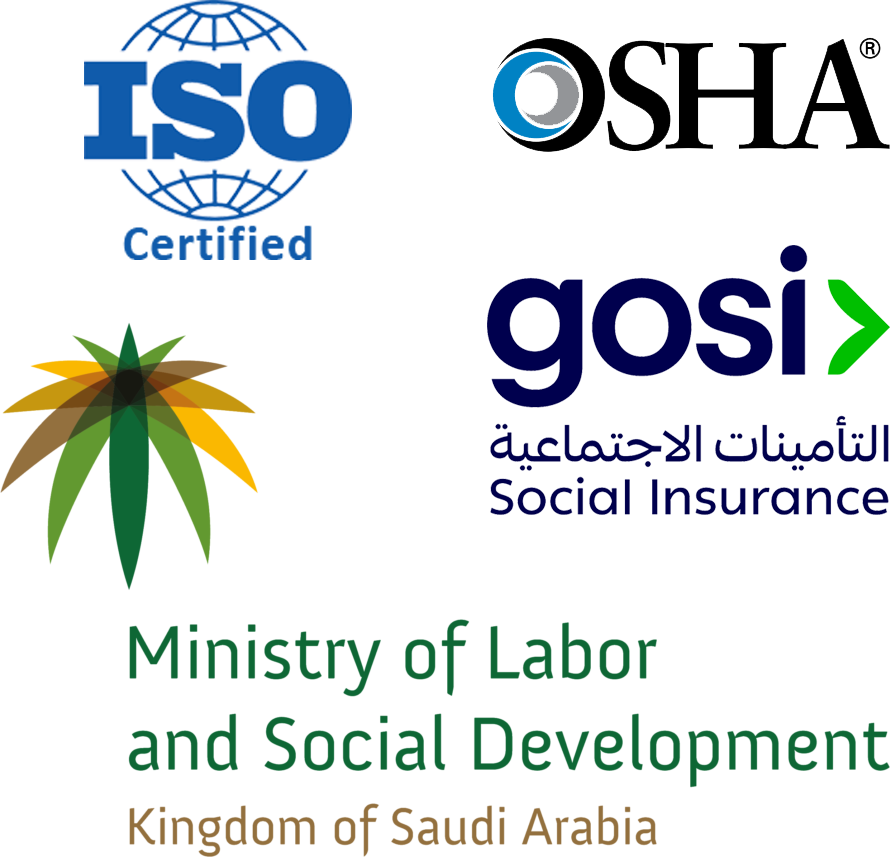
Personal Protective Equipment (PPE)
We strictly enforce the use of PPE across all high-risk areas, including rolling mills, billet yards, shredders, furnaces, and chemical storage sites. PPE is company-issued and regularly audited for compliance and quality.
Employees are trained on the correct usage, maintenance, and replacement of PPE. Supervisors are responsible for ensuring compliance at all times.
Medical Evaluations & Employee Wellbeing
Al Tilal Steel conducts annual medical evaluations for all employees exposed to occupational health risks. We maintain on-site first aid facilities, and in the event of incidents, our HR and HSE teams coordinate medical treatment, GOSI reporting, and post-incident support. Our health initiatives are supported by wellness campaigns and education on ergonomics, fatigue management, and heat stress particularly relevant to our geographic location and industrial environment.
Safety as a Culture, Not Just a Policy
At Al Tilal Steel, safety is everyone’s job. We instill a sense of personal ownership in every team member through open communication, accountability, and empowerment. Every employee is encouraged to report unsafe conditions, propose improvements, and participate in creating a safer work environment.

